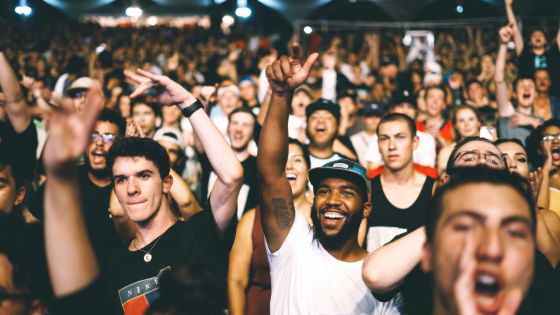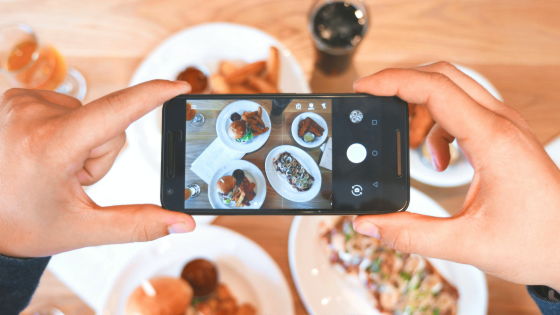The influence of the “Friendship Paradox” is what envy other people ’s posts on SNS

By
Looking at posts on accounts you follow on Facebook and Instagram, you may feel that there are many people eating better than you or spending a fulfilling holiday. The phenomenon that the behavior of others appears enviable on SNS is likely to be due to the nature called `` friendship paradox '' rather than `` the next lawn is blue '', Associate Professor of Information Science at the University of Southern California Said Christina Rahman.
Why it seems like your friends have more to be thankful for
https://theconversation.com/why-it-seems-like-your-friends-have-more-to-be-thankful-for-127392
The 'friendship paradox' advocated by sociologist Scott Feld is that 'your friends are on average less than your friends'. When applied to SNS, most of the accounts I follow have more followers than me and have better connections. A combination of the friendship paradox and other characteristics of SNS will create a kind of illusion that a friend feels that life is better than SNS. In fact, a survey of Twitter and the friendship paradox shows that 98% of Twitter users 'follow an account with more followers than themselves.'
Rahman says that the friendship paradox can also create unreasonable popularity. For example, a celebrity with more than 100 million followers, such as Justin Bieber, who has so many followers on social media, not only increases his popularity but also increases the popularity of related people. It is thought to affect a large number of social groups.
For example, a social group that you belong to on SNS is like a group consisting of multiple accounts with many followers. Accounts belonging to that group are increasing their popularity by following each other. If there is an extremely popular account among them, the popularity will spread to related accounts, and it may unfairly increase the popularity of people in the group.

By
Mr. Rahman said, “Click each account on your Twitter and see how many followers they have and how many they are following. I'm sure most are larger than your numbers. '
Strangely, the impact of this friendship paradox applies not only to the number of followers, but also to other characteristics such as social media usage, meals, and how to spend your holidays. Mr. Rahman cited the frequency of SNS updates as a specific example: “Most of the people you follow post more information on SNS than you do. Most of us get new and more diverse information than you do. '
People who have a better social connection than others tend to emphasize on social media the behaviors that are likely to be noticed by others, such as eating at a Michelin-starred restaurant or taking a vacation on a remote island. If you post such a life on SNS, it will appear to the people you follow as “having a high quality life”.
Also, because people with good social connections are proactive in posting on social media, there is a strong tendency to send their lives on Instagram, etc., and there are posts that seem to be 'living a high quality life' It is a cause of distorting the follower's perception as if it were common. Mr. Rahman says, “The way to reduce perception distortion is to stop comparing yourself with others and remember to appreciate what you have.”

Related Posts:
in Note, Posted by darkhorse_log







